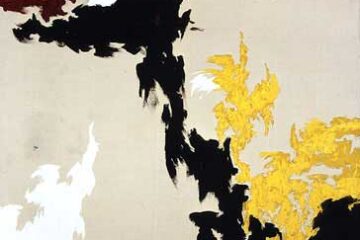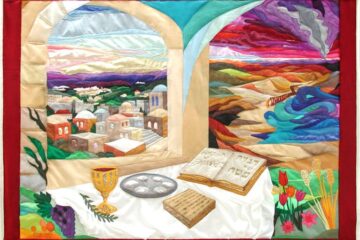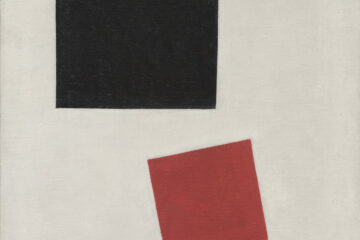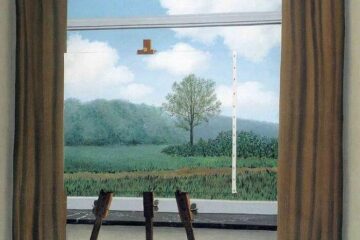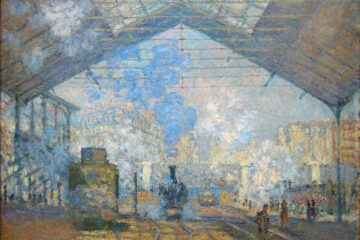To live with the question offers hope for expanded wisdom about self and others and ultimately for peace.
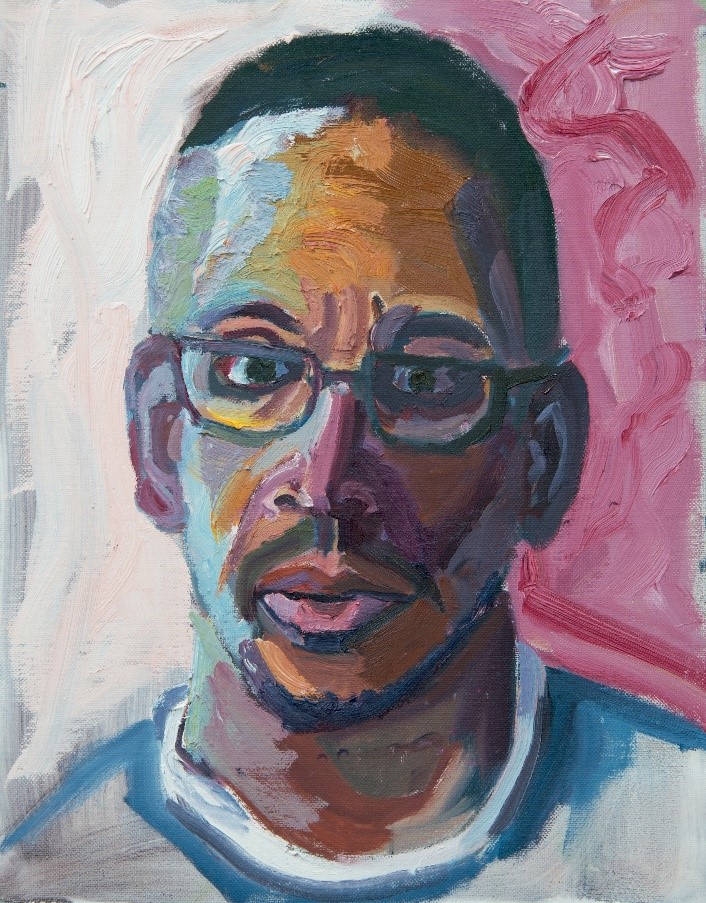
This week many of us will sit around a table with those we have known for a long time: fathers, mothers, sons, daughters, wives, husbands, cousins, sisters, brothers, friends. We think we know them.
We open the book of our saga and read of Jacob and Esau, of Isaac and Rebecca. The deceit and the injuries, the simplicity and the stratagem. As readers from a distance we assign roles and motives: the perpetrator, the victim; the manipulator, the naif.
Before the birth of the twins, Rebecca cries out: “Why is there an I” Torah imparts no punctuation. No question mark, period or comma. We do that. Our doubt or certainty or pause gives voice to how we read the story. Rebecca could be agonizing over existence itself (“What’s the point of living!?”) or sharing a wisdom of the way (“To question is to live.”)
To live the question rather than answer it can expand our understanding…and our hearts.
This week many of us will sit around a table with those we have known for a long time: fathers, mothers, sons, daughters, wives, husbands, cousins, sisters, brothers, friends. We think we know them. We think we know ourselves. Each of us is a sacred saga. How we read one another can either open up the story or conclude it. Feast well on the offerings. Happy Thanksgiving.


